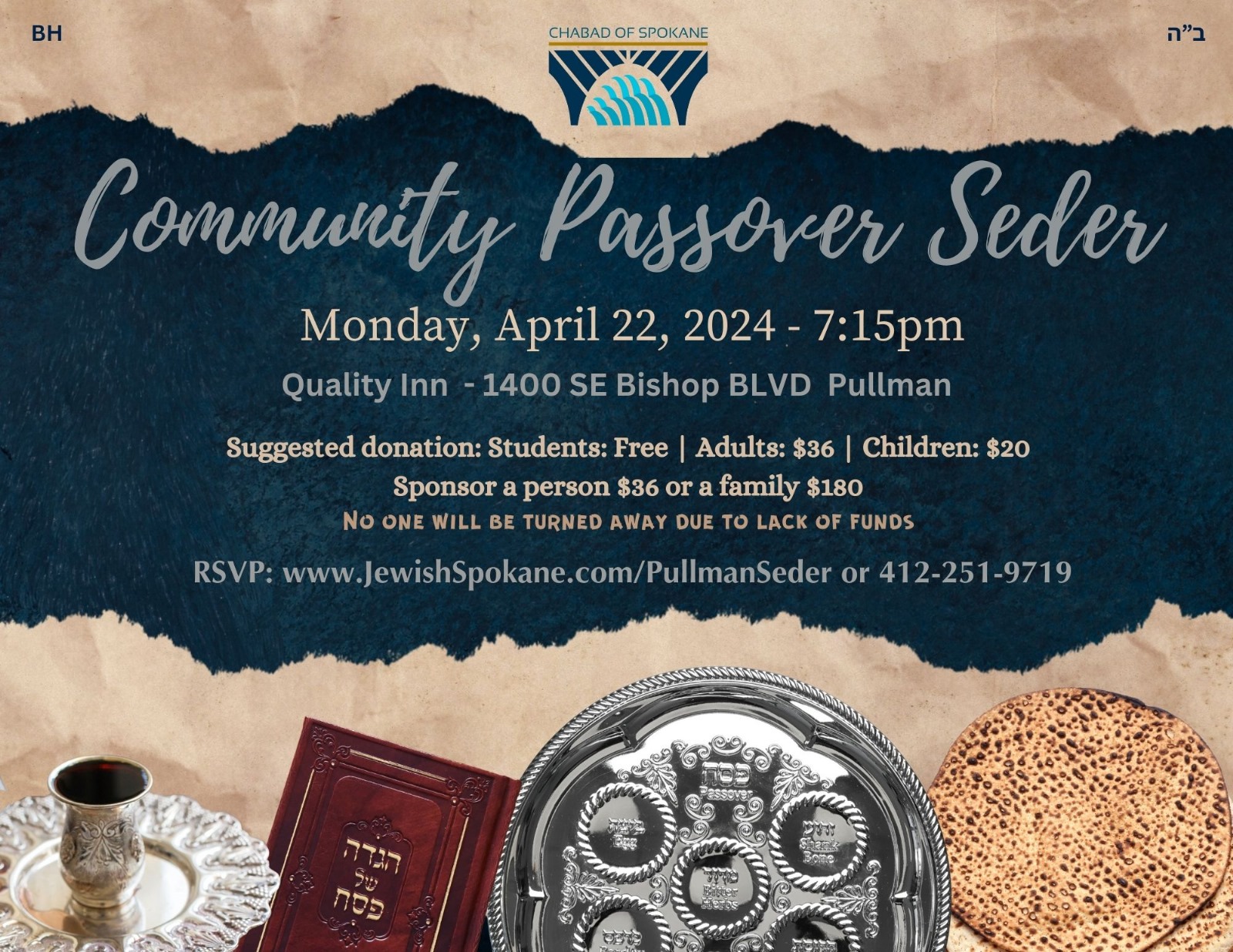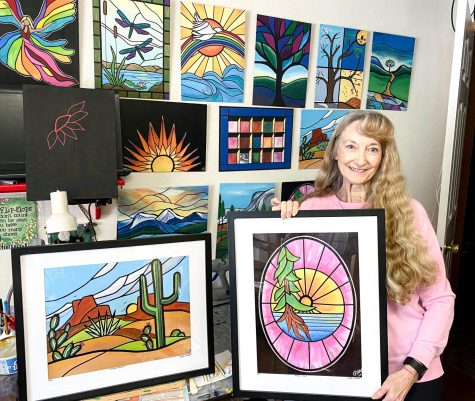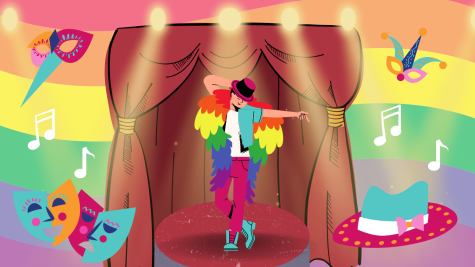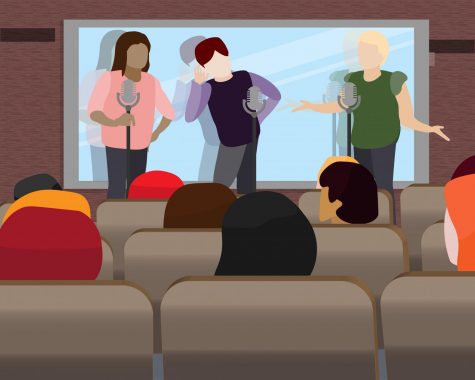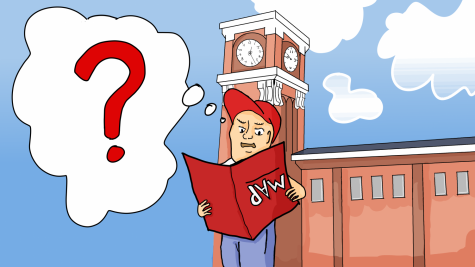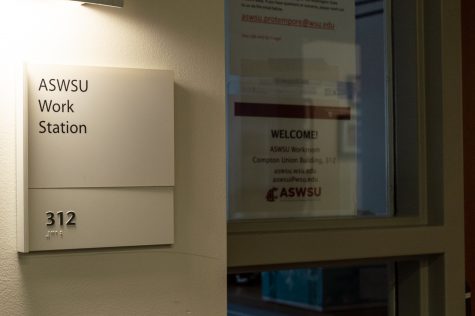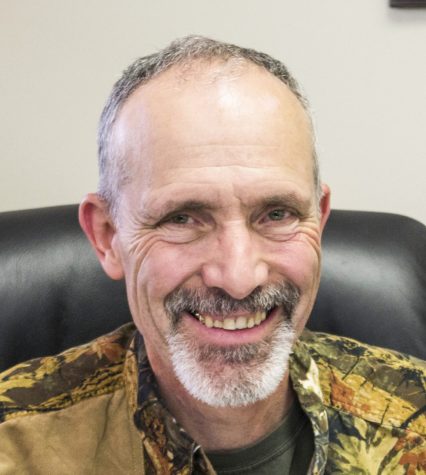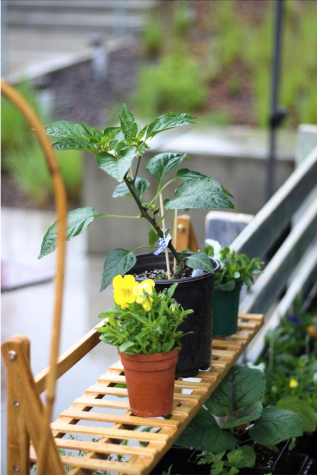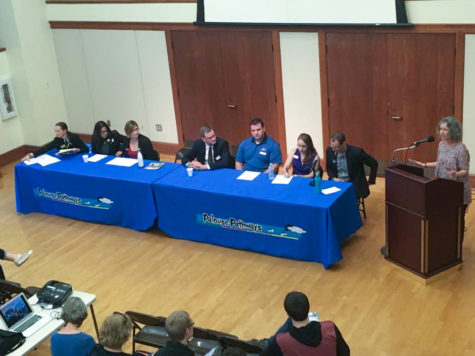MSS multicultural mentor program celebrates 30 years helping students
Mentors offer help to diverse first-year, transfer students with transition to WSU
March 26, 2018
The Multicultural Student Mentor Program began with only six mentors and 204 mentees. Today, the program is honoring 30 years of growth and success, with 60 mentors, 1,266 mentees this year alone and over 17,000 freshmen mentees reached overall.
In 1988, officials at WSU Multicultural Student Services realized some of the difficulties multicultural students face when transitioning from high school to college.
They also thought, however, that if these first-year and transfer students had mentors who understood what they were going through, this transition might not be so tough. This program has increased retention and graduation rates in multicultural students greatly, for both those involved as mentees and mentors.
Virginia Tavera-Delgado is the assistant director for mentoring and academic programs. She provides leadership to the MSMP by overseeing the hiring and training of mentors.
“I believe it is important to celebrate and recognize the contributions of hundreds of mentors who have facilitated the transition of thousands of incoming students,” Tavera-Delgado said.
The MSMP celebrated its 30th anniversary Saturday with several speakers who were involved with the program throughout its existence, as well as two performances by WSU multicultural music groups God’s Harmony Gospel Choir and Mitamitaga O’Samoa.
Raymond Herrera, who became a peer mentor in 1992, began the keynote address. He discussed how thankful he was to his own mentor for suggesting he become one himself. He stressed how important one-on-one discussions with the mentees are and the impact a mentor can have.
Herrera said this program offers everyone the chance to form their own identity and understand that it is fluid, not static.
Susan Lee, director of admission at Gonzaga’s School of Law, was a peer mentor for Native American students during her time at WSU.
She discussed how as a child growing up on a reservation in Montana, she knew herself as a “little Indian kid.” As she moved through schooling, however, she realized she no longer shared an identity with her neighbors and peers at WSU.
After her first year at WSU, her mother saw how much she struggled and urged her to come home. She found her way to the Native American Students Center and thus learned about the mentorship program.
“As a mentor, I was being mentored myself,” Lee said. “I was so enveloped in a community of people like me.”
Ryan Mulenga said he realized the huge impact he had while mentoring in 2007. He told a story of “the best mentee [he’d] ever had.”
“I didn’t need to check in on him,” Mulenga said. “He would check in on me.”
The mentee told Mulenga that during the upcoming summer, he would be having brain surgery. Mulenga insisted on getting the date of the surgery so he could either visit his mentee or send him flowers — something to show he cared.
When the date came, Mulenga sent the mentee a text wishing him luck in the surgery. He never heard back. Months later, a week into the school year, he saw the mentee on campus and asked how the surgery went.
The mentee broke into tears and shared how that date was the day he had planned to kill himself, and the text Mulenga had sent saved his life.
“Nothing goes unnoticed,” Mulenga told the mentors in attendance. “You have an immeasurable impact on so many lives.”
Senior Shyradynne Pascual said she began her stint as a mentor completely terrified. She couldn’t tell if she was succeeding, as none of her mentees went to events she planned for them.
When her mentees started coming to her with questions, however, she realized genuine interactions with her mentees were more beneficial than attending events.
The celebration ended with Stephen Bischoff, associate director of MSS, presenting Director J. Manuel Acevedo with a plaque and photo from those involved with the program, thanking him for his passion for the program.



